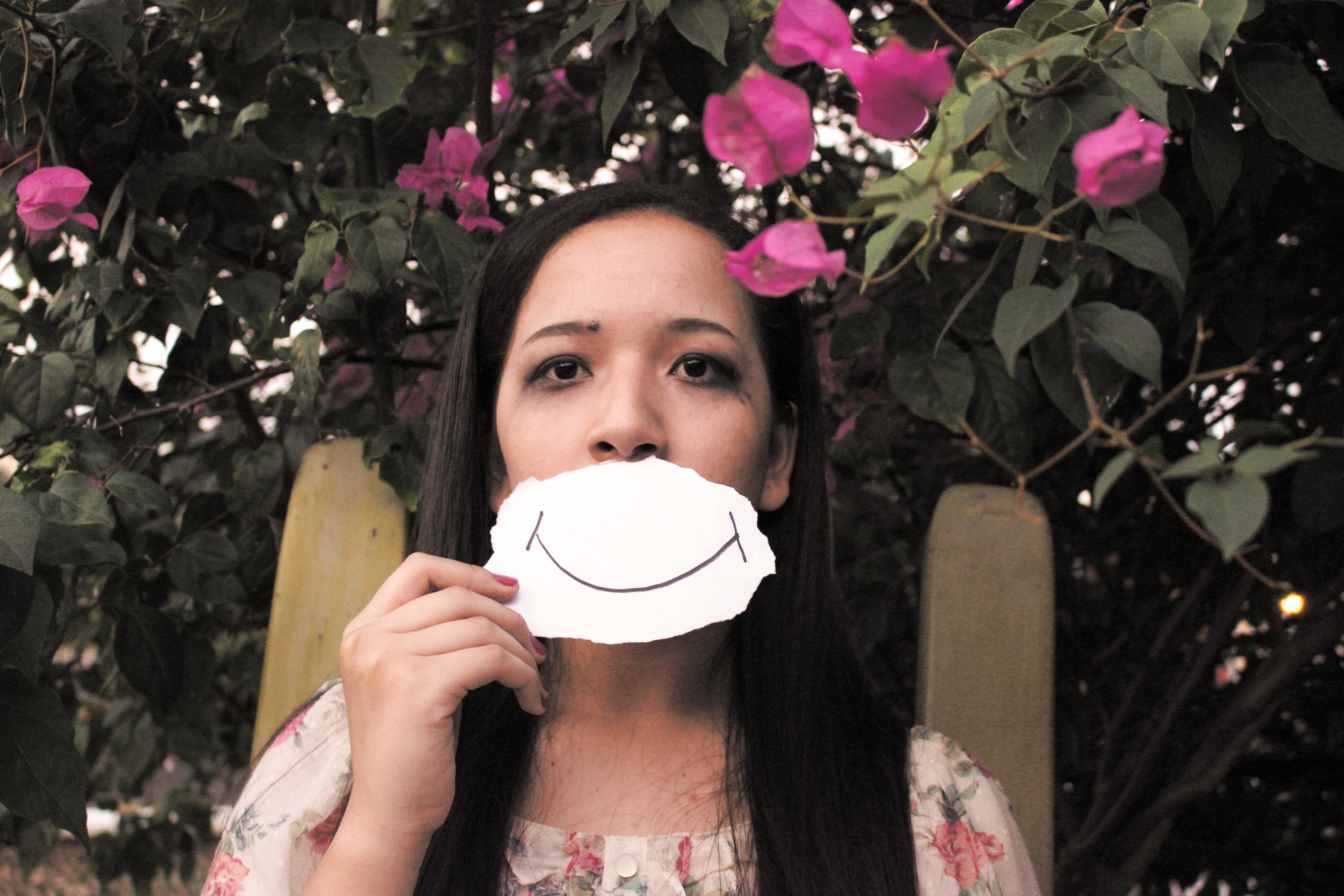9 out of 10 college students say campuses face a full-blown mental health crisis.
College students are growing even more concerned about their physical and mental health as the spring semester begins and the COVID-19 pandemic threatens to extend into a third year.
More than half of college students said the highly contagious virus is causing them more stress and anxiety than ever before, according to new survey results released today by TimelyMD, the leading telehealth company focused on higher education. An overwhelming majority – nearly 9 out of 10 – declared a mental health crisis on college campuses.
Additionally, the survey also found that nearly one-third of students have tested positive for COVID-19 since Thanksgiving, as the omicron variant drove yet another spike in cases.
“When it comes to COVID, there’s a misperception that college students are ‘over it,’ and that’s simply not true. The majority of students are experiencing a continued state of heightened awareness and emotional exhaustion,” said Alan Dennington, M.D., chief medical officer and co-founder of TimelyMD. “Every time it starts to feel like things are getting better, another setback or variant emerges. Students get this hamster wheel feeling of, ‘When is this ever going to end?’”
Here are some key findings from the nationwide survey of nearly 1,700 college students conducted over the weekend:
- 88% of students say there’s a mental health crisis at U.S. colleges and universities.
- COVID-19 continues to pile on extra stress. Nearly 70% of students said they are experiencing emotional distress or anxiety due to the pandemic. Nearly three out of four (73%) students say they are feeling the same or even more stressed and anxious than a year ago.
- That stress is more pronounced among women and non-binary students. Female (76%) and non-binary (81%) students were more likely than male students (55%) to say the pandemic has caused them stress or anxiety. Female (77%) and non-binary students (70%) also reported experiencing the same or more stress/anxiety than they did a year ago versus 66% of male students surveyed
- Two years in, 51% of college students said they have grown more concerned about COVID-19. Another 39% said their level of concern about the pandemic has lessened, while 10% said they have never worried about COVID-19.
- The omicron variant appears to be spreading quickly among the college student population. While more than 4 in 10 students (42%) said they had tested positive for COVID-19 since the pandemic began, nearly two-thirds of these positive tests (65%) have come in the six weeks since Thanksgiving.
“While I believe that today’s college students will eventually develop remarkable resilience as a result of all they have endured throughout the pandemic, right now they are still very much concerned about the impact on their education, social life and health,” Dennington said.
Here’s how college students see the situation on their campuses as the pandemic that reached the U.S. in early 2020 enters its fifth semester:
- Vaccinations and boosters: More than three-quarters of students (76%) said they attend a school that requires a COVID-19 booster. Of these students, two-thirds (64%) said they were already boosted or had planned to get a booster shot when the requirement was announced, and another 22% said the campus mandate was the reason they got a booster. Also at schools where boosters are required, 6% admitted to turning in a fake vaccine card and another 5% asked for an exemption.
- Online vs. in-person learning: Slightly more than a quarter (27%) said their schools are starting the semester online. A majority of these students (58%) agreed with the decision while a quarter (24%) opposed it. Nearly one-fifth (18%) said students should get to choose between attending classes remotely or in-person.
- Support services: Fewer than 20% believed their campuses were providing all of the resources they needed to support them during the pandemic. Consistent with previous surveys, nearly half of students (48%) said the best way their campuses can support them would be to provide more virtual health and mental health services. Nearly two-thirds (64%) said they plan to seek out emotional support from friends, family or professionals to manage their stress during the spring semester.
“As COVID becomes endemic and students find new ways to live with the virus, their expectations are changing,” Dennington said. “Students have grown increasingly comfortable and accustomed to remote and hybrid options for classes and student services.”
2002953









